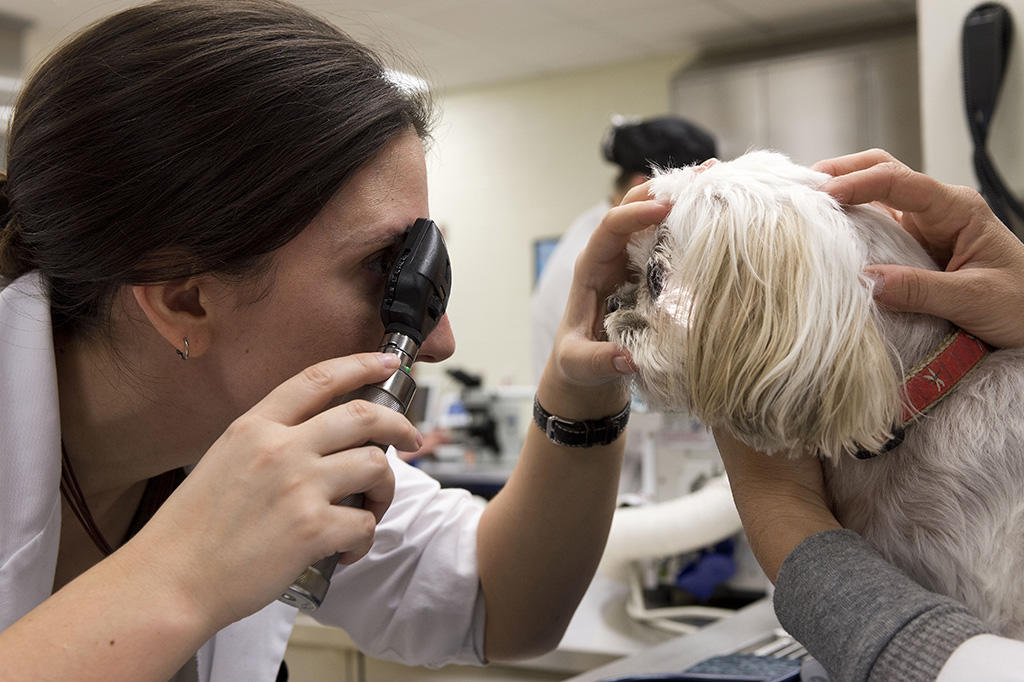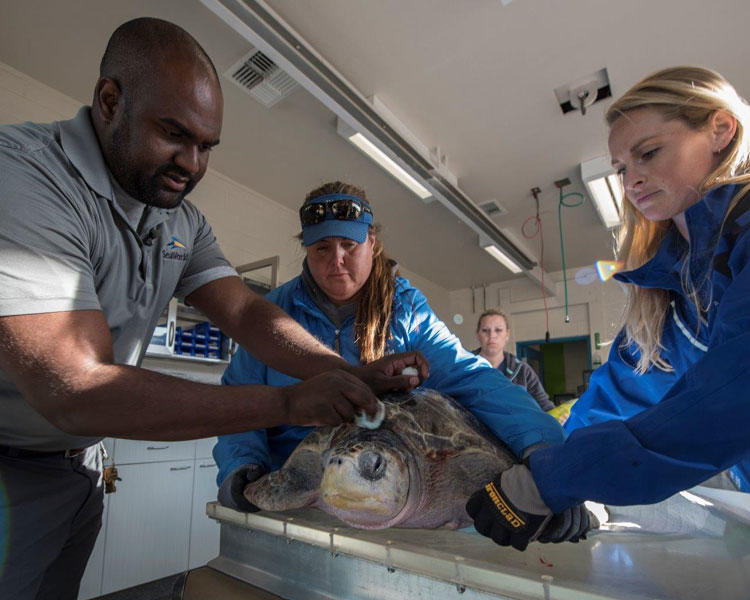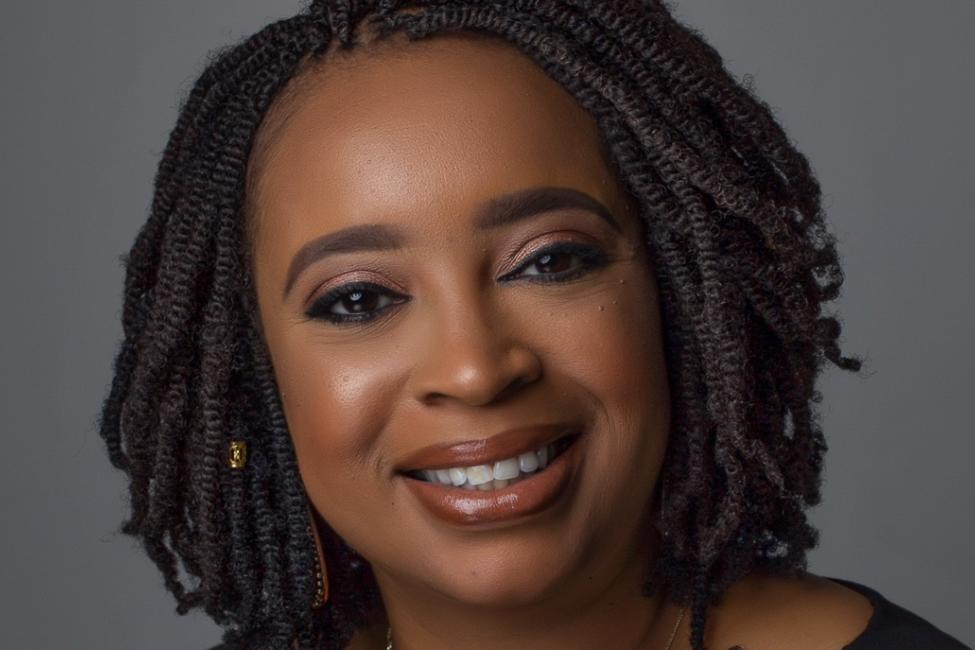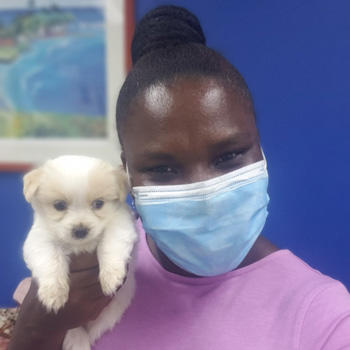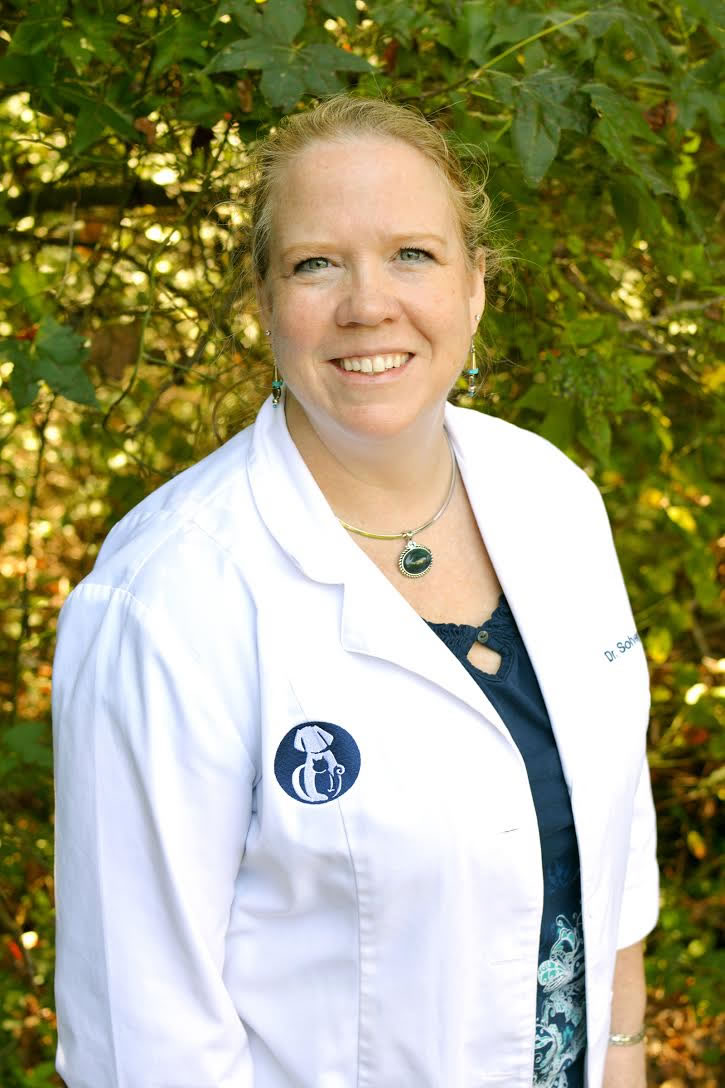 By day, Dr. Evans is a veterinarian at Georgia Veterinary Associates in Lawrenceville. But by night—and afternoons, and weekends—she works with local law enforcement to solve animal cruelty cases. Dr. Evans has worked in veterinary forensics for more than a decade, and in 2014 was named Medical Director of Gwinnett County Animal Welfare and Enforcement. She consults on cases involving animals, assists with crime scene investigation, examines victims, and serves as a witness in court cases—all in the name of protecting animals.
By day, Dr. Evans is a veterinarian at Georgia Veterinary Associates in Lawrenceville. But by night—and afternoons, and weekends—she works with local law enforcement to solve animal cruelty cases. Dr. Evans has worked in veterinary forensics for more than a decade, and in 2014 was named Medical Director of Gwinnett County Animal Welfare and Enforcement. She consults on cases involving animals, assists with crime scene investigation, examines victims, and serves as a witness in court cases—all in the name of protecting animals.
Dr. Evans got her start in this unique field in 2006, when she encountered a cruelty case at the veterinary practice where she worked. Once the case had been resolved, the animal control officers asked if any of the vets would be interested in doing further case work with them. Dr. Evans jumped at the opportunity.
“Animal cruelty is such a horrible thing,” said Dr. Evans. “There’s nothing better than saving the lives of the animal victims and then being able to go to court and get justice for these animals.”
So began Dr. Evans’ second career and lifelong passion. She trained under Dr. Melinda Merck, one of the leading authorities in the field and the owner of Veterinary Forensics Consulting, LLC. In addition to working directly with Dr. Merck, Dr. Evans earned her graduate certificate in veterinary forensics from the University of Florida.
While the number of cases varies, Dr. Evans works on at least one new case per month, if not more. In 2016 she estimates that she had about 50 cases of animal cruelty, about half as many as in 2015.
A Day in the Life
A new case for Dr. Evans typically starts with a call from an animal control officer about suspected abuse. Sadly, sometimes the animal is already deceased, so Dr. Evans will perform a necropsy and try to understand what happened.
While she finds her work deeply rewarding, Dr. Evans stresses that veterinary forensics is not for everybody. In order to best do her job, Dr. Evans has to not only come face-to-face with inhumanity, but also put herself in the shoes of an abuser, which requires an incredible mental toughness.
“As veterinarians, we would never do anything to hurt an animal,” said Dr. Evans. “So in order to figure out how someone would do this, and get closer to solving the case—you have to make your brain go in a direction it normally would never go.”
In one such case, Dr. Evans was working with her mentor, Dr. Merck, along with animal control officer Joey Brooks, on an injured dog, but they could not figure out what had caused the dog’s wound. So Dr. Merck went to Home Depot and walked up and down the aisles, looking for something that could have resulted in the dog’s particular injury. That’s how they realized the dog had been hit with the end of a crowbar.
These kinds of experiences take an emotional toll on even the most seasoned veterinarians. The key to coping with it, says Dr. Evans, is self-care.
“I joke that I have a little tiny box in my brain and all the bad stuff goes in there,” said Dr. Evans. “When it gets full, I take time and empty it all out. Maybe I sit down and have a big old cry, or I go out and play with my four-legged babies. And when the box is empty, that’s when I go back to work.”
And there are happy endings, too. One such case was a boxer mix named Link that Dr. Evans fostered. Link had an embedded collar, a condition in which the dog’s collar was too small and as the dog grew, the collar became embedded in the neck. This causes constriction of the underlying tissue, which was so severely damaged that extensive surgery was require to repair the wound. After a great deal of care and rehab, Dr. Evans was able to get Link adopted out to a great home through a local rescue.
“Of course, the ultimate goal is always to get the animal healthy and happy, and to find them a good home where they don’t have to suffer through abuse,” said Dr. Evans.
Fighting for Their Rights
In addition to investigative work and caring for victims of abuse, Dr. Evans goes to court when needed. Cases can go on for months or years, and the animals have to stay in the shelter in the meantime if the owner hasn’t released them. So Dr. Evans and the state prosecutor will go to court to ask for a disposition hearing, which could allow a court order for the custody of the animals to be turned over to animal control. This allows the animals to be adopted out to good homes as soon as possible.
“A great thing about my job is that we have a fantastic team here in Gwinnett County,” said Dr. Evans. “The judges, prosecutors, and animal control officers truly have the animals’ best interests at heart.”
One of her first cruelty cases was a group of 14 Dobermans and a pit bull who were victims of starvation. Two sadly didn’t make it and were found deceased at the scene. After a few months, Dr. Evans and her team got disposition to find homes for the remaining 13 dogs. All went to a Doberman rescue except for one—a girl named Reno, who was adopted and lives right across the street from Dr. Evans.
“By the time that case went to court, it was three to four years later,” said Dr. Evans. “Can you imagine if an animal had to sit in a shelter for all that time? Luckily, the court system has ways to help with that.”
But beyond custody situations like these, Dr. Evans doesn’t have to spend much time physically testifying in the courtroom.
“I’m not in court that much because I write very good, thorough reports,” said Dr. Evans.
She credits her education at Ross University School of Veterinary Medicine (RUSVM) on the Caribbean island of St. Kitts, with teaching her this crucial skill.
“Being able to write a great report goes back to really good record-keeping, which is what we learned in school,” she said. “When your foundation is strong, it makes things easier in the long run.”
Vet School Redemption
Dr. Evans’ career success is a testament to her lifelong determination and passion for animals. She earned her bachelor’s degree in animal science from California Polytechnic State University at San Luis Obispo in 1995. Then, she applied to several U.S. veterinary schools—but wasn’t accepted. Adding insult to injury, an admissions representative at North Carolina State University dismissed her application and told Dr. Evans, “You will never go to NC State.”
Then, a colleague recommended that she apply to RUSVM. Although Dr. Evans worried that attending vet school in the Caribbean would be too far from home, she decided it would be worth it if it meant achieving her dream.
The verdict? “I’d do it again in a heartbeat,” said Dr. Evans.
Perhaps the best feeling of all was when she entered her third year—the time when RUSVM students choose a U.S. vet school where they’ll complete the clinical portion of their education.
“When it came time to choose my clinical year location, where do you think I went?” said Dr. Evans.
The first thing she did when she arrived on the NC State campus was walk back into that same admissions office where she had been rejected years ago.
“I said, ‘I know you don’t remember me, but you said I’d never go to NC State, and here I am now,’” said Dr. Evans. “Just because I didn’t have a 4.0 didn’t mean that I couldn’t go to vet school and do an awesome job.”
Coming Full Circle
Not only did Dr. Evans prove the naysayers wrong, she pursued her dream and has dedicated her life to saving animals and preventing animal cruelty. It can be hectic at times, but she wouldn’t trade it for anything.
“It’s busy, but I’m not willing to give it up because it means so much to me,” she said. “This is my passion.”
Interested in veterinary forensics? To learn more, check out these resources that Dr. Evans recommends:



